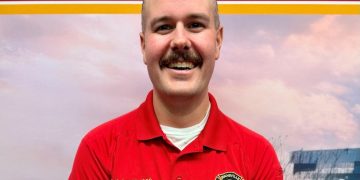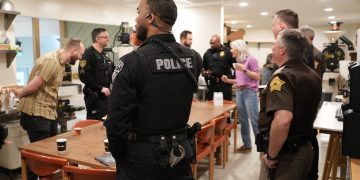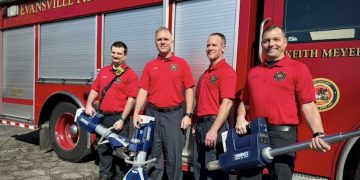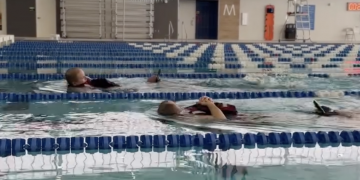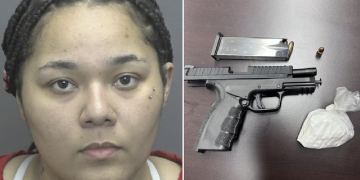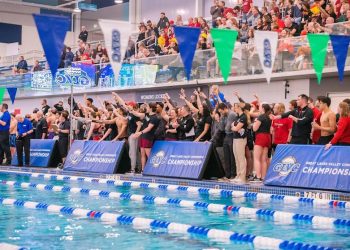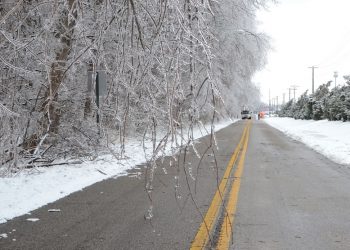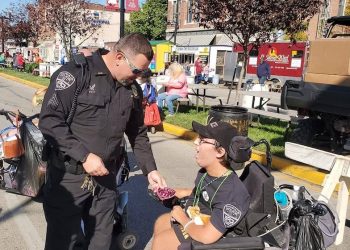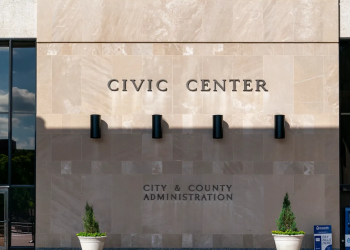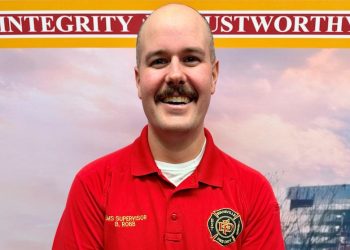EVANSVILLE, Ind. — Larry Richmond Sr., the man charged in the murder of Evansville firefighter Robert Doerr, has filed a request to have his upcoming trial moved to a different location. Court records show that Richmond, who faces charges of Murder and Conspiracy to Commit Murder, submitted the motion on Monday, citing concerns over the potential for bias in the local community.
Richmond was arrested alongside Elizabeth Fox-Doerr, the widow of the late firefighter. In June, Fox-Doerr was sentenced to 90 years in prison after being found guilty of her role in the murder. The case, which has drawn significant media attention, involved both individuals allegedly conspiring to kill Doerr, leading to a widespread public and media focus on the crime.
In his motion, Richmond argues that the extensive coverage of the case, including posts on social media, has generated a substantial amount of hostility and prejudice against him, potentially compromising his right to a fair trial in Evansville. The request for a change of venue states that the media’s portrayal of the case has created an atmosphere of animosity, which could influence potential jurors’ perceptions.
Richmond’s trial is currently scheduled for May 2024, but before proceedings can move forward, a hearing to consider the change of venue request will take place on January 8. The outcome of this hearing could impact the timeline of the trial, depending on the court’s decision.
The murder of Robert Doerr, a respected firefighter with the Evansville Fire Department, shocked the community and prompted widespread public interest in the investigation and legal proceedings. The involvement of Fox-Doerr, Doerr’s widow, in the crime further heightened the case’s notoriety, leading to intense media scrutiny that continues to shape the legal process.
As Richmond prepares for trial, his legal team is focused on ensuring a fair trial, while the community remains attentive to developments in the case. The resolution of the change of venue request is expected to play a key role in determining the course of the upcoming trial.














